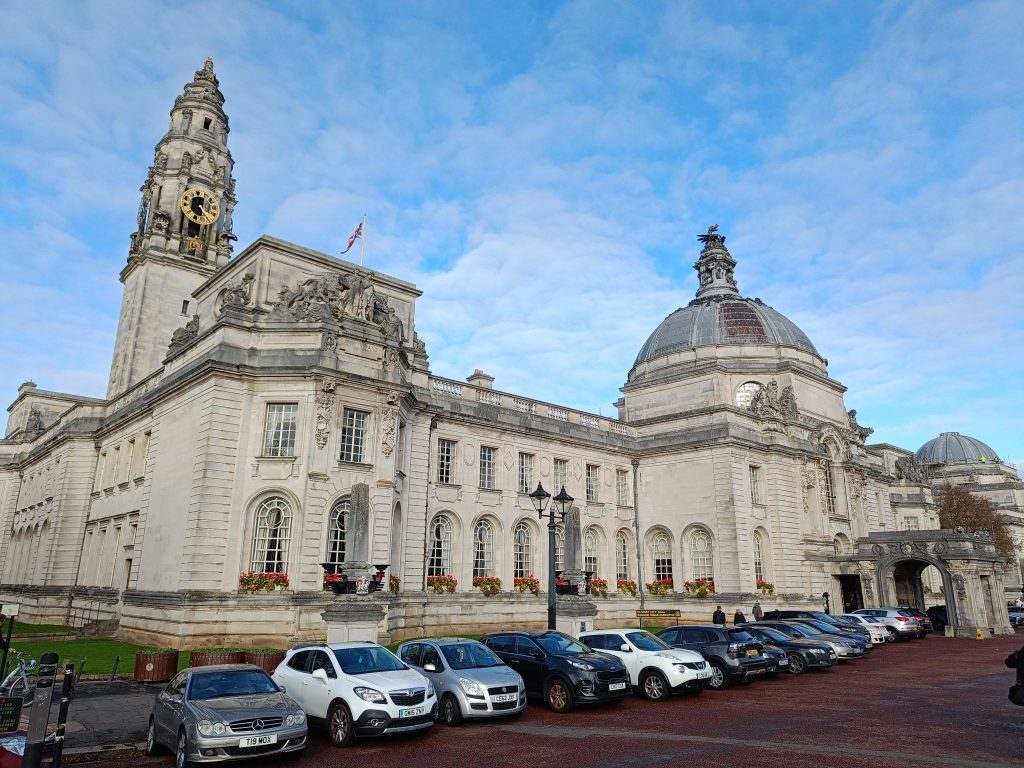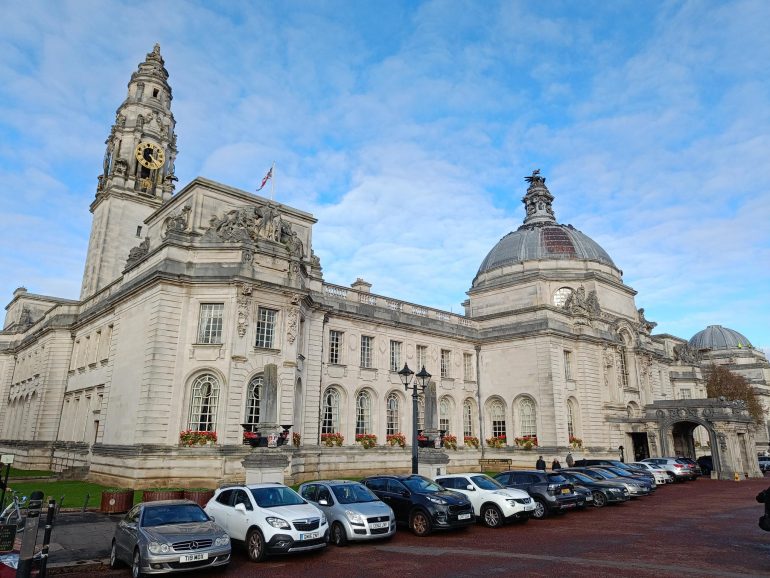Welsh local authority funding is unsustainable, say experts analysing the impact of Jeremy Hunt’s cuts
WELSH councils will have to raise council tax at an average of 6% per year to prevent the UK Government’s latest spending plans opening up an ‘unsustainable gap’ in their finances, according to a new report.
If tax hikes remain at the current 2% annually, councils risk opening up a £880m gap in their finances by 2027/28, says the Welsh Budget Outlook produced by Cardiff University’s Governance Centre.
Increased funding for English schools and social care will result in a proportionate amount of money being made available for the Welsh government to spend as it wishes.
However, even if the Senedd redirects this extra money to local authorities, the gap would still reach £660m in 2027/28.

The problem for councils is two-fold. The current bout of inflation is eroding their spending power and workers are demanding more pay – the Annual Survey of Hours and Earnings suggests that Welsh wages grew by 6.4% over the last financial year.
While both pressures are expected to wane over the next couple of years, councils will still be left to foot a larger bill – higher costs will persist, even after inflation slows.
This will be compounded by cuts pencilled in by the Treasury for 2025. The inflation-adjusted pot is expected to grow between 2.5% and 0.7% per year for local authorities until then, depending on whether the Senedd passes on the bonus money – but it is set to shrink by 0.5% per year between 2025 and 2028.
Even the increases before 2025 fall below the 4.2% per year that the report says is necessary to cover elevated costs.
This means that councils are going to have to cover the gap themselves, likely through a combination of tax rises and service cuts.
Local authorities in Wales are disproportionately reliant on government grants for funding so when this money is cut they have to hike taxes more aggressively than their English counterparts.
The report suggests that, to stabilise the gap between spending and funding, these tax hikes will have to average 6% per year. Even then, services will have to be substantially cut. With household budgets already being squeezed by the cost-of-living crisis, these are rises that many will not be able to afford.
Importantly, if the Conservatives are ousted in the 2024 general election, the Government’s spending plans could change completely. As it stands, however, this report suggests that the current Chancellor’s path is an untenable one for Welsh councils.



